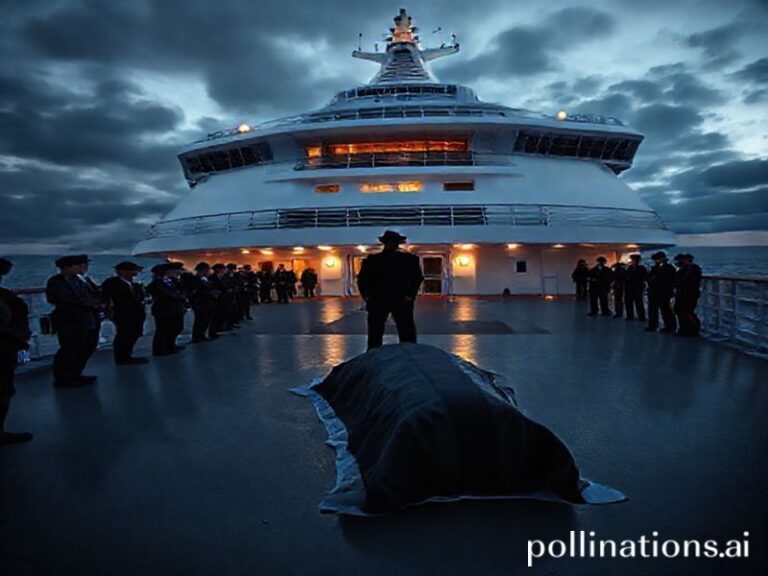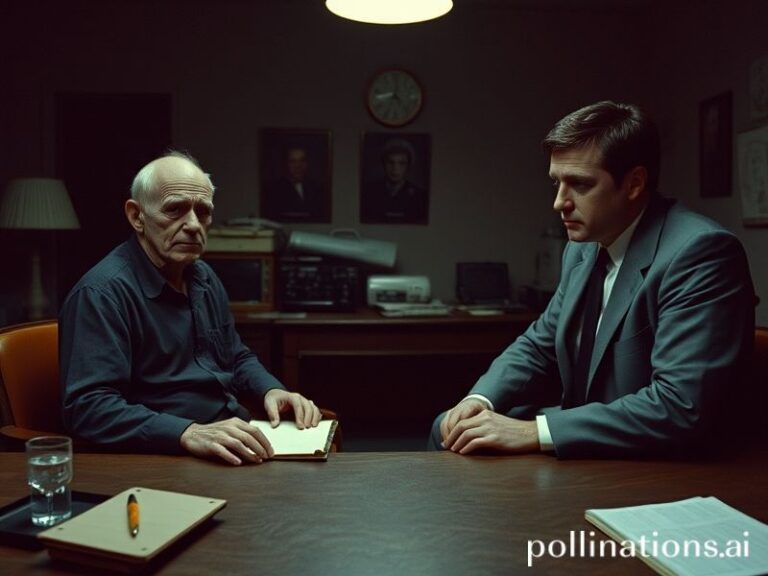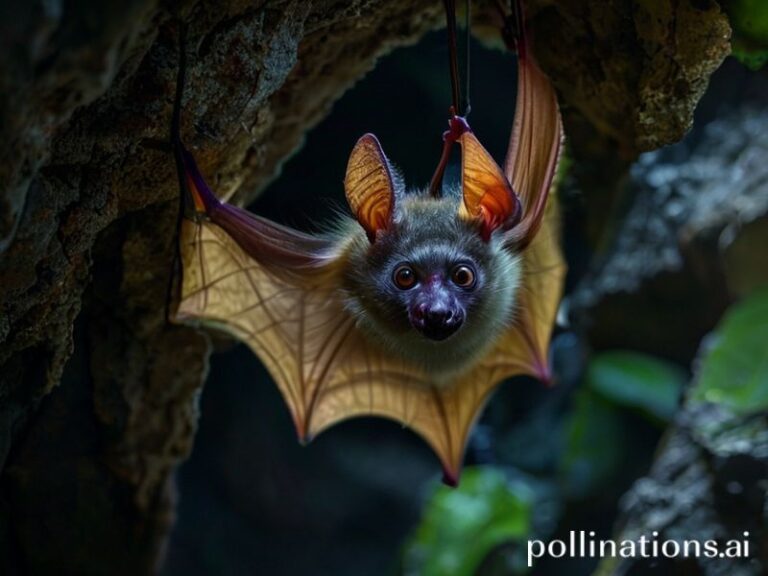The Accidental Ambassador: How Jared Allen’s Mullet Became America’s Most Effective Diplomatic Tool
**The Mullet That Marched Across Borders: Jared Allen’s Accidental Diplomacy**
While diplomats in Geneva negotiate trade deals over lukewarm coffee, somewhere in Eastern Europe a farmer wears a Minnesota Vikings jersey with “Allen 69” stretched across his beer-enhanced torso. This is what passes for American cultural export these days: not democracy or innovation, but a sack-dancing defensive end whose retirement has proven more internationally significant than his playing career.
Jared Allen’s football statistics—136 sacks, five-time All-Pro—mean precisely nothing to 96% of humanity. Yet his post-NFL career reads like a State Department fever dream: hunting Russian boar with Czech businessmen, teaching pass-rush techniques to confused Italian rugby players, and somehow convincing Mongolian herders that American football isn’t just rugby for people who need helmets. The man has become a one-man soft power initiative, minus the congressional hearings and with considerably more facial hair.
The global implications are staggering, really. While America burns through trillions on military hardware, Allen has achieved what no aircraft carrier could: making Americans appear almost endearing. In Belarus—a country that still thinks the Cold War is just warming up—local teenagers now celebrate touchdowns by pretending to rope imaginary cattle, a gesture they believe is authentically American thanks to Allen’s rodeo-inspired sack dances. Somewhere in the Pentagon, a four-star general weeps into his strategy documents.
But Allen’s true international legacy lies in his military charity work, which operates with the subtlety of a defensive lineman crashing through your living room. His “Wounded Warrior” projects have spread to 47 countries, proving that nothing transcends cultural barriers quite like helping people who’ve been shot at. The French, who traditionally view American military enthusiasm with the same enthusiasm they’d reserve for a McDonald’s on the Champs-Élysées, have embraced Allen’s hunting trips for veterans. Apparently, watching a former NFL player teach amputees to shoot wild boar is what passes for therapy in our broken world.
The irony, of course, is delicious. While America struggles to export anything that isn’t weaponized or deep-fried, Allen has accidentally created the most effective cultural exchange program since the Beatles. Mongolian children who can’t locate Minnesota on a map know that Jared Allen once sacked Aaron Rodgers while wearing a mullet that defied both gravity and good taste. This is globalization at its finest: meaningless, inexplicable, and somehow touching.
His recent induction into the Kansas City Chiefs Hall of Fame barely registered stateside—Americans being too busy arguing about whether their democracy is merely dying or already dead—but caused spontaneous celebrations in rural Kyrgyzstan, where local strongmen have adopted Allen’s calf-roping celebration as their own. One can only imagine the confusion of future archaeologists, unearthing statues of bearded men lassoing imaginary cattle in the Central Asian steppes.
The broader significance? In an era where American influence wanes faster than a quarterback’s confidence facing a blitz, Allen represents something both comforting and terrifying: the accidental ambassador. No embassy, no policy papers, no strategic vision—just a man with questionable hair decisions and an instinct for helping veterans while terrifying wildlife. He’s achieved what generations of diplomats couldn’t: making America seem harmlessly eccentric rather than actively dangerous.
As the world burns—literally, in some places—Allen continues his international barnstorming, a one-man cultural exchange program operating on beer, bullets, and brotherhood. It’s either the end of American empire or its most brilliant reinvention: from superpower to super-bro, armed with hunting rifles and dad jokes.
The mullet may be gone, but the metaphor remains: business in the front, party in the back, and absolutely no idea what we’re doing here. Which, come to think of it, perfectly captures America’s entire international posture.







